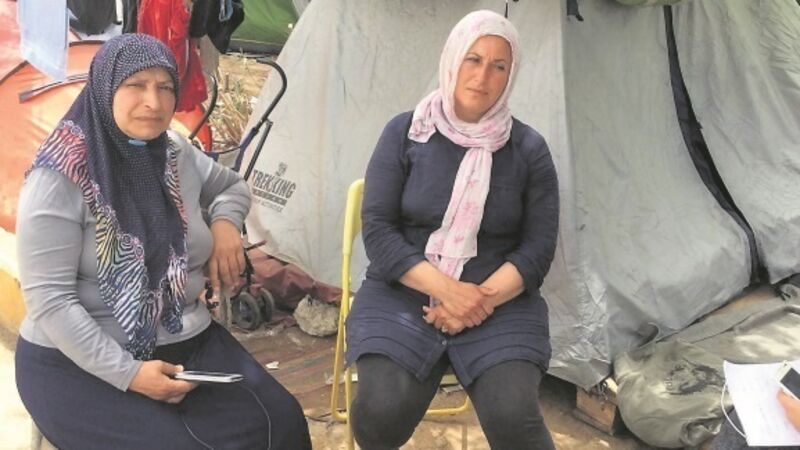Hardship of Syrian refugees in Greece shows no sign of ending

She has such a beautiful face, the first refugee woman I meet in the port of Piraeus. Those wonderful Middle Eastern hazel eyes.
However, it takes a long time to persuade her to be photographed because she has been photographed before and what good has it done?
















